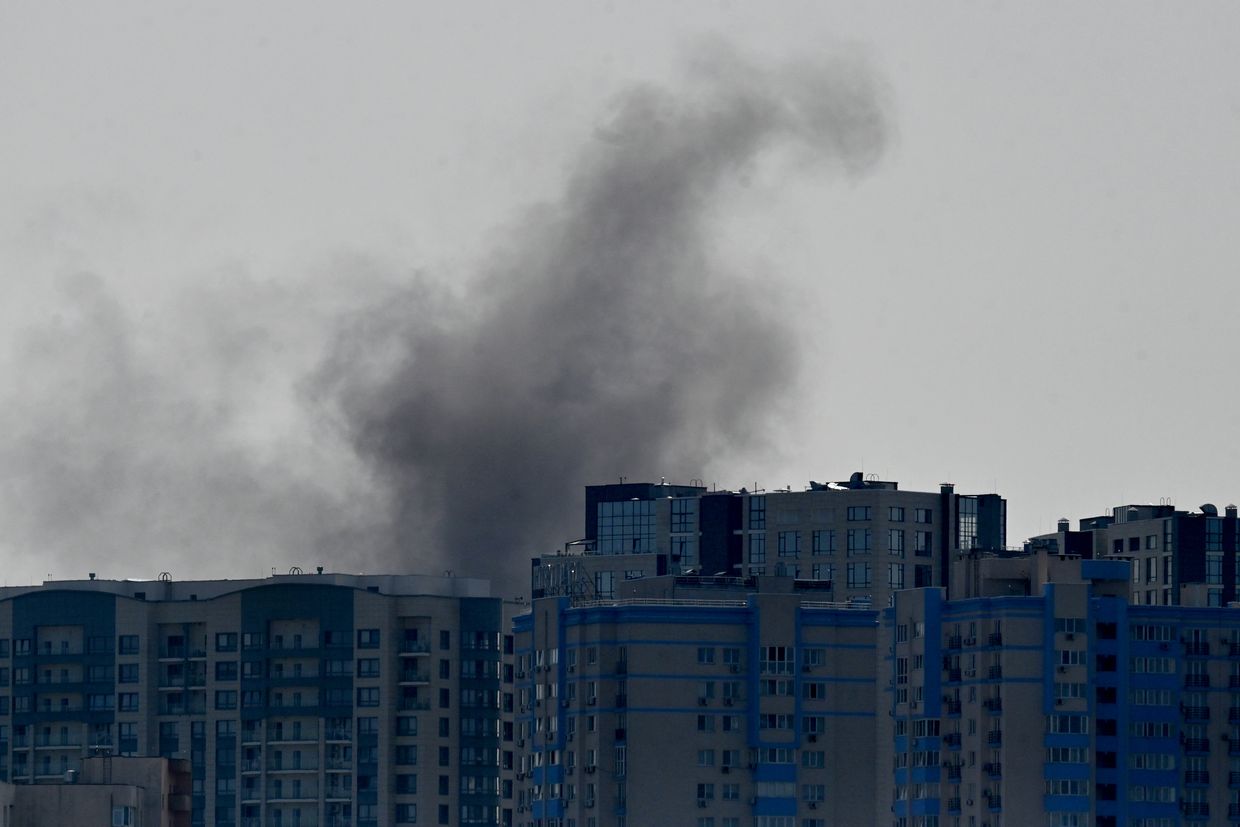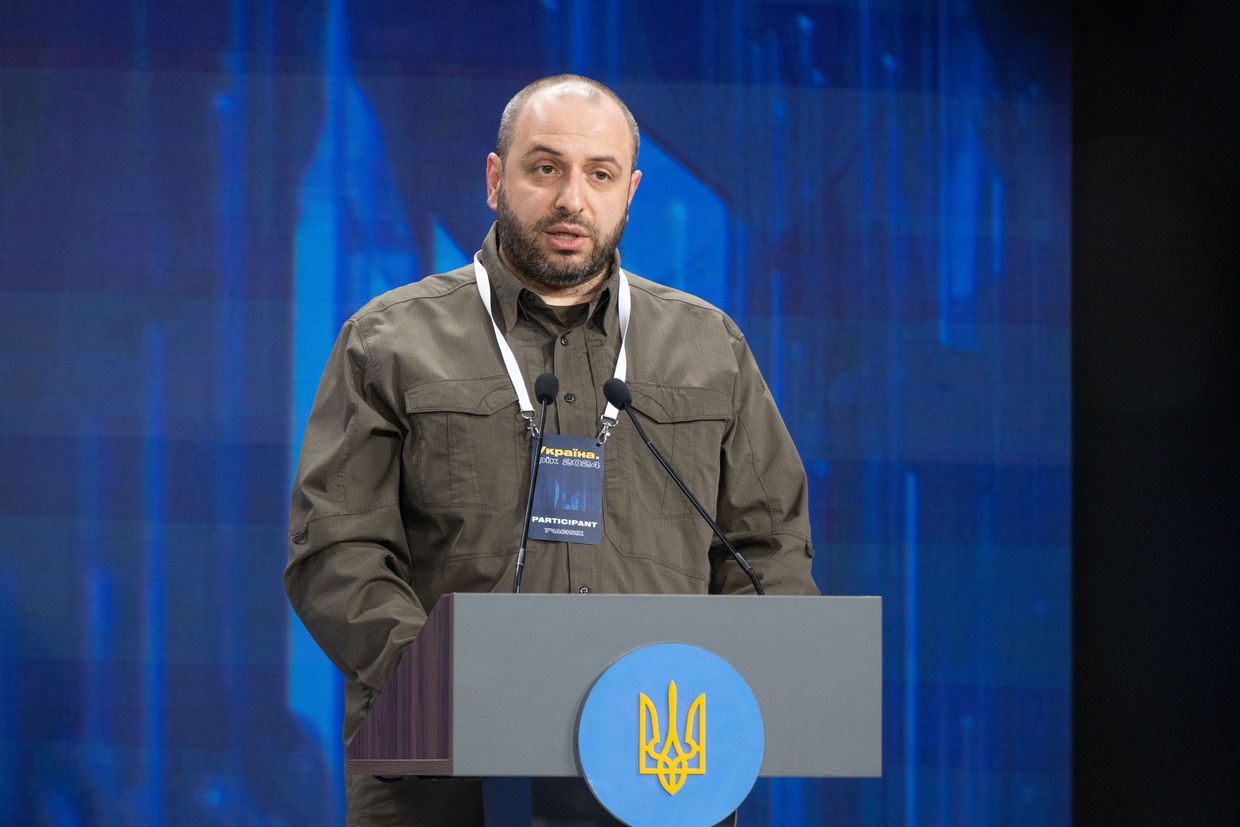Borrell calls for lifting ban on Ukraine's use of Western long-range weapons after Russian mass attack on Aug. 26

The EU's chief diplomat, Josep Borrell, urged on Aug. 26 to lift restrictions on Ukraine's use of Western long-range weapons to strike Russian military targets.
Borrell had previously advocated lifting the ban for Ukraine, but he raised the issue again after Russia's recent attack on Aug. 26, in which it used 127 missiles and 109 drones against Ukraine.
Russian forces targeted 15 oblasts, damaging civilian and energy infrastructure. At least seven people were killed, and 47 suffered injuries, including four children, according to the State Emergency Service.
"Russia escalated its aggression with renewed massive attacks across Ukraine, targeting civilian infrastructure, including hydroelectric stations, and causing casualties," Borrell wrote on X.
"Lifting restrictions on the use of capabilities against the Russian military involved in aggression against Ukraine, in accordance with international law, would strengthen Ukrainian self-defense, save lives, and reduce destruction in Ukraine," Borrell added.
The EU's chief diplomat also stressed Ukraine's urgent need for additional air defense.
Borrell said that he will discuss the recent Russian attack and boosting of Ukrainian air defense with Ukraine's Foreign Minister Dmytro Kuleba and EU foreign ministers at an informal meeting on Aug. 29.
Kyiv has long argued that restrictions on the use of long-range weapons are stifling its war effort, while Western partners believe that allowing Ukraine to hit deep into Russian territory with the weapons they provide could be a cause for escalation.
In May, the U.S. allowed Ukraine to use HIMARS multiple rocket launchers, GMLRS rockets, and artillery against Russian territory near the Ukrainian border.
But the U.S. and U.K. still prohibit Ukraine from using U.S.-made ATACMS missiles and British-made Storm Shadow missiles for strikes deeper inside Russia.
Ukraine has dismissed these arguments and has amped up pressure to lift the ban in recent weeks following the Kursk incursion on Aug. 6.













